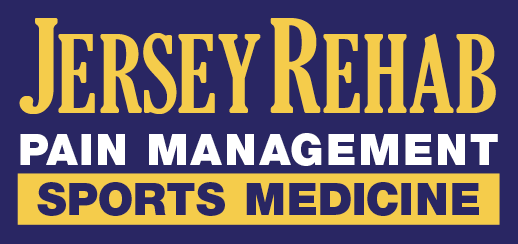Chronic Pain Management: Coping Strategies and Support Systems
Chronic pain refers to pain that lasts over three months. The pain may be there all the time, or it may happen intermittently. It can also happen anywhere in the body.
Since chronic pain is persistent, it can quickly interfere with your daily activities. Things that were once easy or enjoyable can quickly become difficult. This can lead to depression, anxiety and trouble sleeping, all things that can make pain worse.
Fortunately, there are ways to manage your pain and live more comfortably. While medications may be part of the solution, having good coping strategies and a strong support system are also helpful. Below are some tips for managing chronic pain.
Keep Active
Physical activity is an important part of managing chronic pain. Exercise can help improve muscle strength, flexibility and range of motion. Additionally, exercise releases feel-good chemicals in the brain that reduce stress and improve mood. This can make it easier to cope with the pain you are experiencing.
Before starting a new exercise program, speak with a healthcare professional. They can help you develop a safe and effective exercise plan that takes into account your limitations. If you already exercise, continue to stay active. Not exercising can lead to weaker supporting muscles that will ultimately worsen pain.
Practice Relaxation Exercises
Stress can take a toll on your physical health, leading to pain and inflammation that can become chronic. This is why it’s important to set aside time to relax. Relaxation techniques can calm your mind, lower the amount of stress hormones in your body and relax your muscles.
Here are some examples of effective relaxation techniques for chronic pain management:
- Guided imagery
- Deep breathing
- Positive self-talk
- Mindfulness meditation
- Yoga and stretching
- Progressive muscle relaxation
Eat a Balanced Diet
An antiinflammatory diet is often recommended for those who suffer from chronic pain. The foods you eat – and don’t eat – can influence how well your body fights painful inflammation.
Inflammation is both good and bad. When you get sick, your body signals to the immune system to send white blood cells to the affected areas. The inflammation should go away when you feel better, but sometimes, this system doesn’t turn off.
Over time, inflammation can damage healthy cells and cause constant pain. Eating an antiinflammatory diet can help minimize inflammation and make you feel better. Here are some tips for eating healthy with chronic pain:
- Fill half your plate with whole grains and healthy proteins
- Fill the other half of your plate with vegetables and some fruit
- Aim for variety – try to get lots of colors on your plate
- Cook with healthy oils, like olive oil and canola oil, instead of butter
- Avoid inflammatory foods like junk food and processed foods
Try Alternative Therapies
There are a number of medications that can be used to treat chronic pain, but it’s also worthwhile to consider alternative therapies as well. For example, alternative therapies like platelet rich plasma therapy and stem cell injections can be effective at treating chronic pain. Studies show that PRP therapy has a success rate between 70 and 90 percent, depending on the type of injury or illness being treated.
Build a Strong Support Network
It’s important to have a strong support system when you live with chronic pain. Friends and loved ones can help you feel less alone by being there when you need a helping hand. You can find support in friends and family, support groups and online forums. You may also benefit from working with a therapist who can help you better accept the injury or illness that may be causing you pain.
Jersey Rehab makes your wellness our priority! We specialize in treating chronic pain through alternative therapies like physical therapy, stem cell injections, steroid injections and platelet rich plasma therapy. Schedule an appointment with one of our pain management doctors today.

